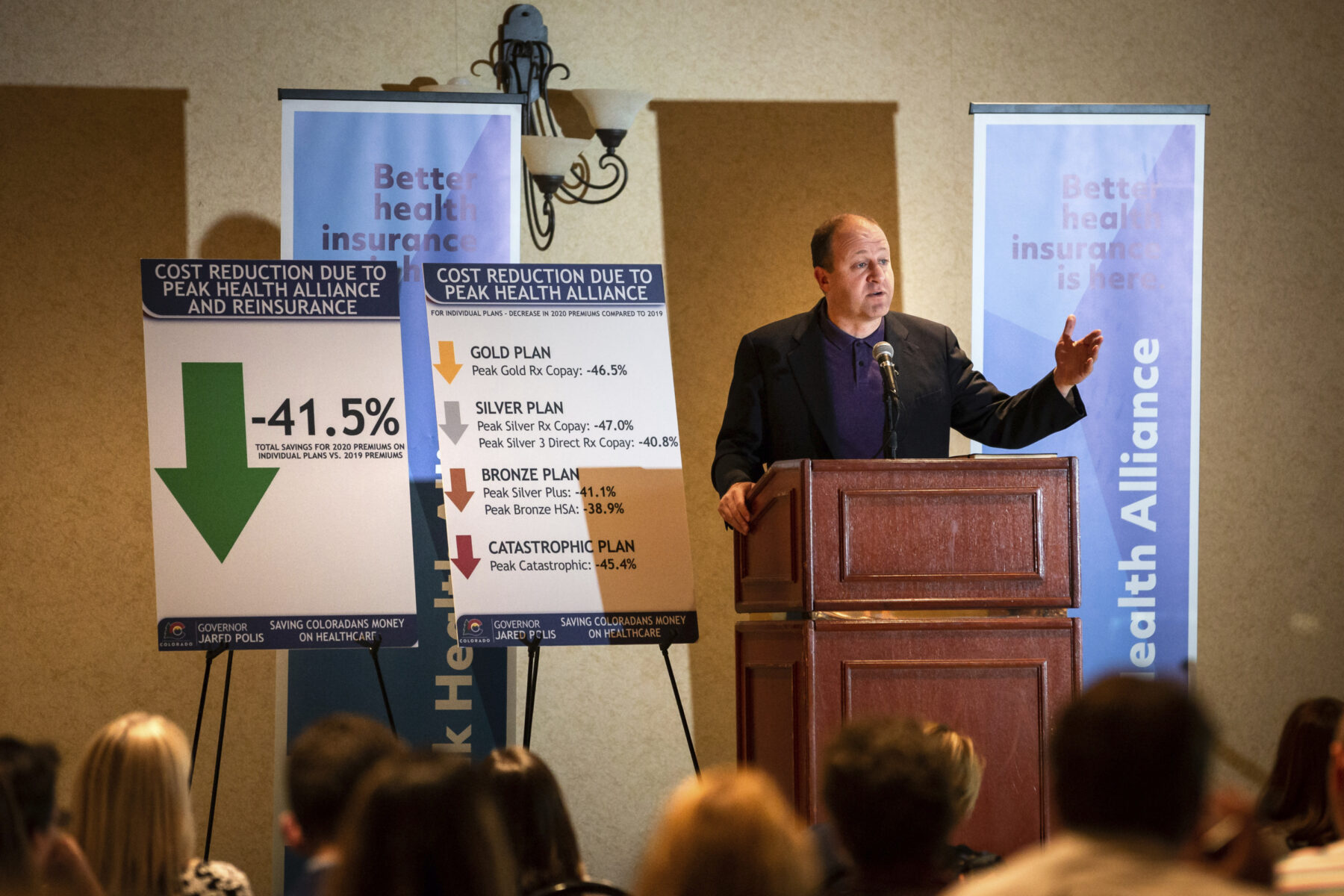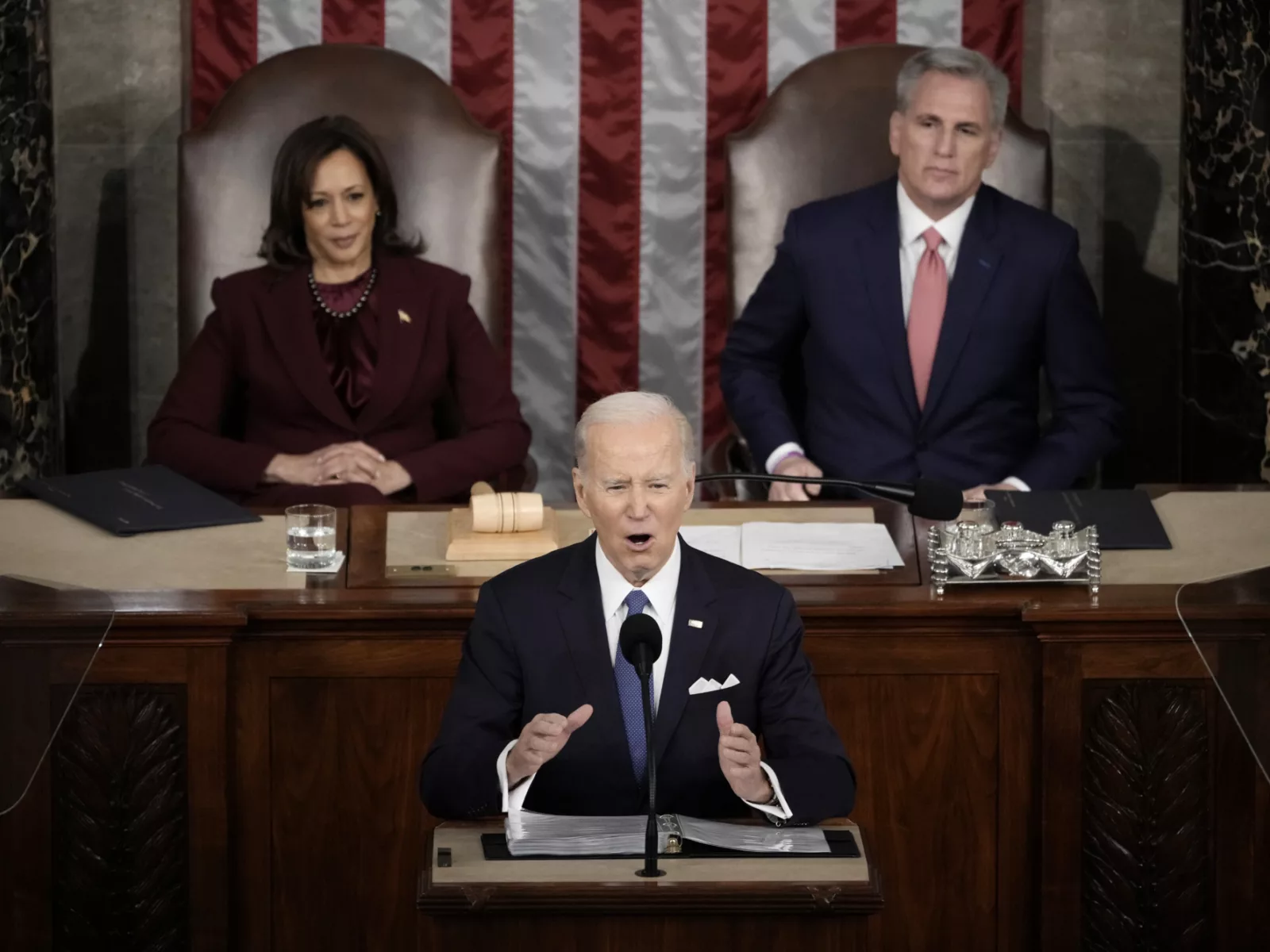Scenic Summit County, nestled in the heart of Colorado’s Rocky Mountains, is one of the healthiest places in the United States.
Yet despite earning national recognition for low obesity rates and long life expectancies, Summit County residents in 2018 were paying some of the highest health care prices for hospital and physician services in the country, resulting in high premiums for county residents.
Motivated by that disconnect, community advocates started to look for solutions to the price problem in 2018, ultimately launching the Peak Health Alliance in 2019. With support from nonprofit organizations, Peak was launched as a health care purchasing cooperative that leverages the collective purchasing power of employers and individuals, coupled with robust data about prices, to negotiate better rates with local health care providers and construct a coverage network that provided more affordable care.
In 2020, its inaugural year, Peak reported lowering Summit County premiums by more than 20%. Peak also reported that the county’s 2021 rates have decreased an additional 9% on average. While these estimates may reflect other factors beyond Peak’s model itself (such as declines in utilization from COVID-19), they indicate that Peak’s approach is one worth watching as a tool for reducing health care costs.
“Almost overnight, other communities in the mountain and rural west parts of the state, also suffering from the same unaffordable healthcare costs, looked to Peak to help their own communities, and as a result, the alliance model has spread to six new counties in the 2021 plan year,” said former CEO Tamara Pogue. In 2021, Peak’s individual market plans will have the lowest premiums in each of the seven counties (including Summit) in which they operate.
As high and rising health care prices create a financial burden for consumers, employers, and taxpayers, community groups and employers are increasingly considering collaborative purchasing organizations like Peak Health Alliance to lower prices. Initial evidence from Peak suggests that collaborative purchasing organizations could be another tool for state policymakers and advocates to lower health care costs for consumers and employers in the state, along with other approaches such as public option plans, reference pricing, and policies that prevent providers with substantial market power from engaging in anti-competitive contracting practices.
We sat down with Pogue, who was sworn in as Summit County Commissioner in early January, to learn more about Peak’s strategy and successes — and what’s next for the organization as it expands across Colorado communities.
More on Peak’s work: Colorado Health Institute Summit in Sight

Arnold Ventures
You’ve had notable success in two years in lowering health care costs in Colorado — what did you do, and what were the keys to your success?

Tamara Pogue
Communities must work on solutions that help all members — individuals, small employers and large employers. This requires collaboration within and across these groups to achieve the market share necessary for negotiating leverage.
From a data perspective, communities must be willing to work to collect their claims data and use that information to identify drivers impacting price, which differ in each community. In order to maximize results, Peak’s strategies to lower prices had to start with locally driven data analysis. For example, in Summit County, where the local hospital was identified as the price driver with prices topping 800% of Medicare for certain services, the strategy was to achieve lower rates through hospital negotiation.
However, in Grand County, data showed the local hospital provided affordable prices, but residents were migrating to higher-priced hospitals out of the county, based on the unsubstantiated notion that bigger hospitals provide better care. To address this, Peak is using benefit design to incentivize residents to stay local for care.

Arnold Ventures
How did Peak garner support from the communities (consumers, employers, etc.) involved?

Tamara Pogue
Peak’s model gives existing community-based efforts access to expertise and resources while they maintain local control. Because implementation of the Peak model is driven by the local community, extensive education and community engagement is crucial. Peak has been able to advance its work through relationships with prominent community organizations focused on family health access and economic well-being in our mountain communities like Local First, the Family & Intercultural Resource Center, and Grand County Rural Health Network. Much of Peak’s work involves supporting local efforts to build awareness and support.

Arnold Ventures
What challenges emerged in negotiations with hospital and providers? How did Peak navigate — and resolve — these challenges?

Tamara Pogue
Because an entity like Peak focuses on “looking under the hood” of costs, hospitals are not inclined to come to the table.
Peak’s community-driven mission has been a driving force in navigating these challenges. For example, the main hospital in the southwest corner of the state initially walked away from negotiations but, due to the strength of the organizing led by Peak and its local counterparts, the hospital was met with community protests and media coverage. Local pressure brought the hospital back to the table, and ultimately resulted in successful negotiations that led to substantial cost reductions for the community.

Arnold Ventures
Lowering health care costs is top of mind for many states. What advice would you have for other purchasing collaboratives or state policymakers who are thinking through ways to successfully rein in health care costs?

Tamara Pogue
Policymakers and advocates who are involved in Peak’s work recognize that knowledge in the health care space and strength in community organizing are equally important.
A data-driven approach is also necessary to resolve cost. The availability of data resources like Colorado’s All Payers Claim Database (APCD) in Colorado and Medicare Cost Reports are as crucial to Peak’s success as having the financial resources to analyze the data effectively to be able to use it as Peak has done (e.g., in hospital negotiations). It is also important to be pragmatic and recognize that not all health care affordability issues will be solved the first year and the solutions that are implemented will be the product of compromise.
As the affordability conversation escalates at the state and national levels, we believe solutions involving more transparency and data have a better chance of long-term success, especially when those solutions are community-driven and market-based.

Arnold Ventures
As you prepare to leave the role and reflect back on your time with the organization, in what ways did Peak exceed your expectations? What are lessons learned going forward for the organization? And where Peak is headed in 2021?

Tamara Pogue
Peak has, in nearly all ways, exceeded my expectations. Disrupting health care is far more complex than anyone could ever anticipate. For those of us who believe access to affordable quality health care should be a universal right and not a privilege, we need to keep that in mind.
We did reduce the cost of health insurance and increased access, but we also found innovative ways to address other health care needs beyond affordability. For example, Peak greatly increased access to mental health care by incorporating an unlimited number of outpatient visits at a low or even $0 copay for members into Peak plans, and improved reimbursement rates for mental health providers, who historically haven’t widely accepted insurance. Moreover, through granular data analysis and community-level negotiations, we found ways to protect rural critical access hospitals and bring people back to local providers.
If I take anything away from what I’ve learned over the past two years, it’s that engaging in a local conversation around health care affordability is something very few believed possible. Yet it has proven to be far more successful than any of us could have imagined. But for us to really disrupt an entrenched industry and for these conversations to really succeed, it requires consumers demanding more transparency and change from their elected officials, providers, and carriers. Communities, health care advocates, and Peak have much work to do on that front.
Peak’s work will continue forward with incoming CEO Claire Brockbank, a nationally recognized health care expert who has been involved in Peak since its inception.
Peak is preparing to expand into new communities for 2022 and has kicked off initial work with these communities. Besides expansion, Peak will look to the data it has collected to focus on quality initiatives to help communities make better health care decisions and get the best care possible at a lower cost.



















